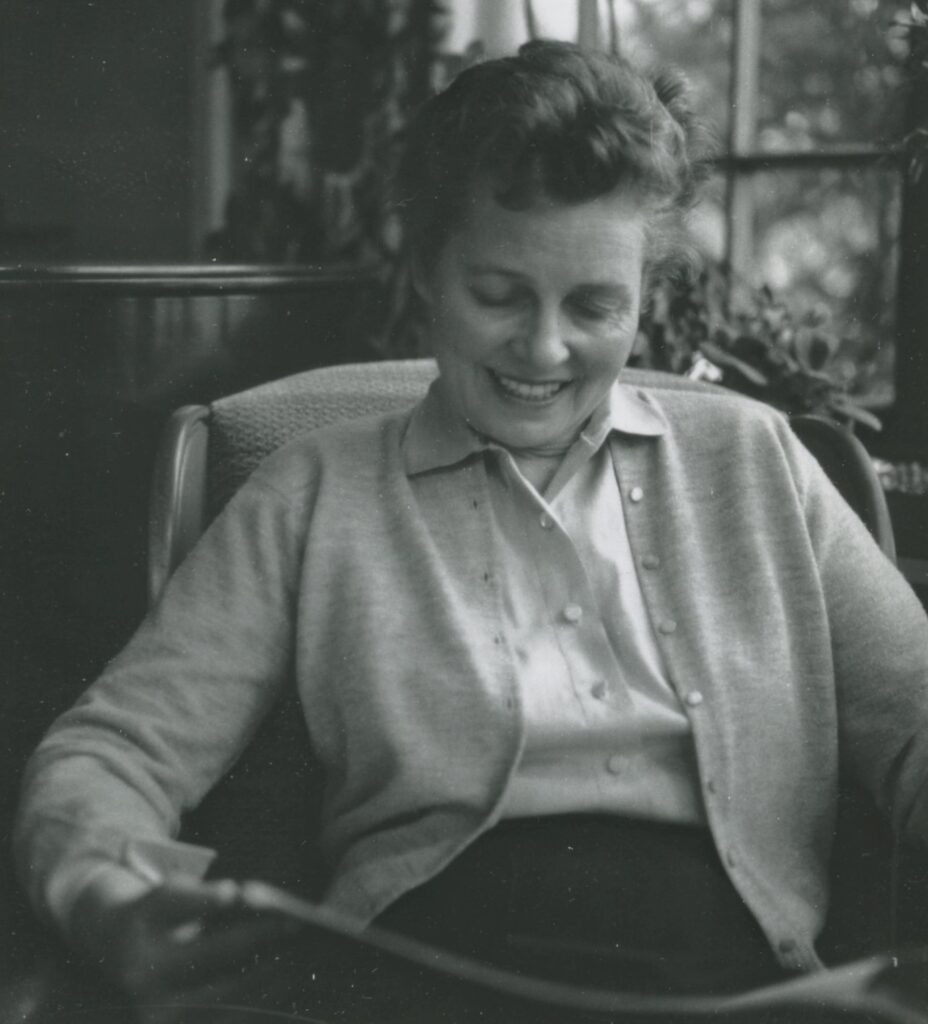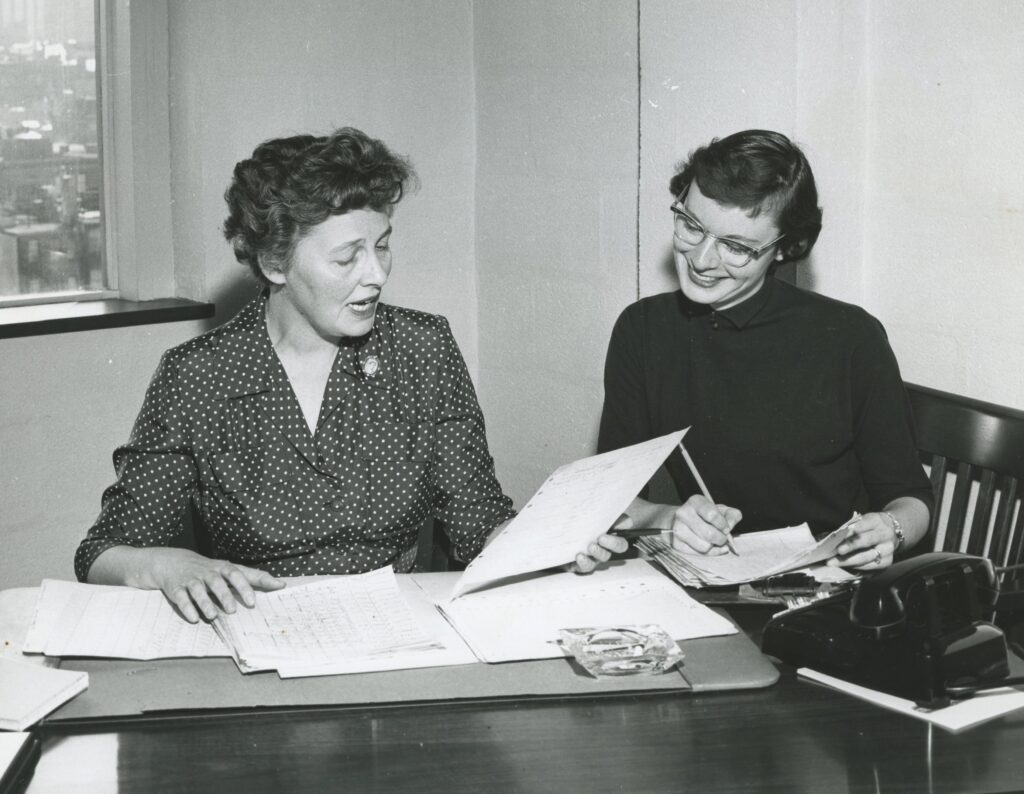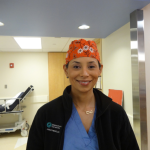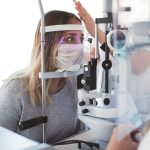Katie Hafner, host of the Lost Women of Science Shorts podcast, visited the archives of Mass Eye and Ear to learn more about the vital work of scientist Leona Zacharias, PhD, an ophthalmology researcher who Hafner only knew as her grandmother. For March’s Women’s History Month, listen to the podcast and learn more about Dr. Zacharias’s pivotal role in helping premature babies preserve their sight — crucial work she did not receive proper credit for.

Journalist Katie Hafner had an idea as a child that her grandmother had been a scientist, but beyond that, didn’t know much about her career. According to Hafner, she only recently learned her grandmother, Leona Zacharias, earned her PhD in 1936, which at the time was a rare feat for women in her field.
Hafner’s reporting, which eventually took her to the archives at Mass Eye and Ear, is described in the first episode of the Lost Women of Science Shorts podcast. There, she would learn that her grandmother played an integral role in helping premature newborns preserve their vision through research she conducted at Mass Eye and Ear.
As Hafner explained in the podcast, premature babies who had been born with healthy eyes were going blind at alarming rates in the 1940s, perplexing the medical community. At the time, this phenomenon was called retrolental fibroplasia — words Hafner kept coming across in her quest for information about her grandmother’s work. She then visited Mass Eye and Ear where Dr. Zacharias worked as a biologist, and met with archivist Vanessa Formato. Formato helped unearth reports from the time that highlighted research done by Dr. Zacharias that proposed potential causes for this epidemic – one of which turned out to be correct. During her visit, Hafner also spoke with pediatric ophthalmologist Nemo Patel, MD, to learn more about the condition and premature babies’ care at that time.

Her reporting eventually led her to discover the pivotal role Dr. Zacharias played in ending this epidemic – crucial work she did not receive the proper credit for, until now thanks to Hafner’s efforts.
Read more in “Leona Zacharias Helped Solve a Blindness Epidemic among Premature Babies. She Received Little Credit” and listen to the Lost Women of Science Shorts podcast wherever you get your podcasts.



